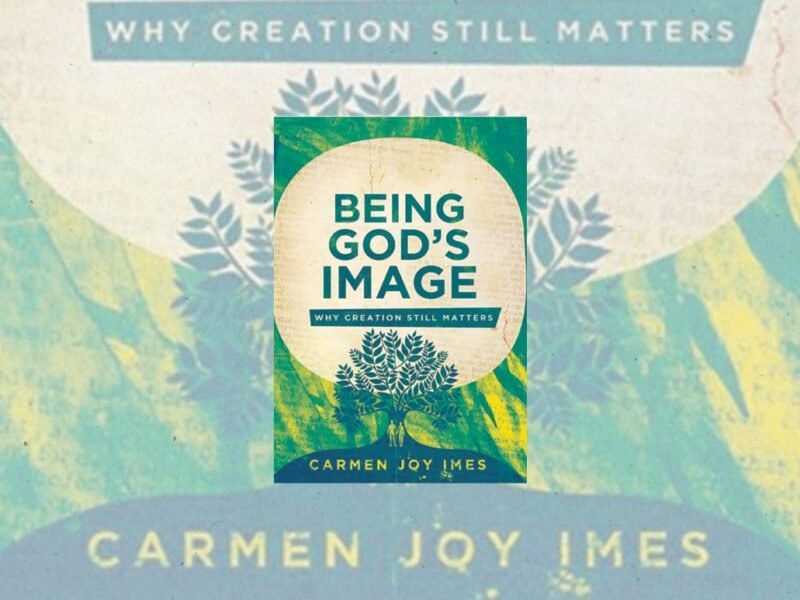Sacramental theology begins on page one. God prefigures the great regeneration of all things in the initial generation of all things. The first explicit lesson that we are taught in the opening verses of the Scriptures is that God is the creator of everything. The first implicit lesson that we learn is that God created everything by the use of means.
Nothing gave way to something. Chaos was cultivated into cosmos. The inanimate began to live and move and have being by virtue of water, Word, and Spirit. And as sure as morning follows evening, that pattern holds.
The creation narrative suggests a baptismal image. The dark and disordered world was submerged under water. The “deep” swallowed up the world. Through God’s creative breath, the Spirit, the earth emerged from the waters as a habitable world. The first day of creation separated light from darkness, or perhaps better, injected light into the darkness. The second day separated “waters from the waters” in order to provide space for the sky within the waters. The third day separated the “waters under the sky” from “dry land.”[1] The first three days of creation poetically describe how God orchestrated a new heavens and a new earth. New life then appeared in the remaining three days of creation. Life arose from a watery grave.
The creation story also suggests a eucharistic picture of food and drink. Eden, the sanctuary of God’s temple, was a garden planted “in the east” where the sun rises. A river rising from the heart of the garden watered Eden. The river became four rivers that would water “the whole face of the ground.” Rather than a threatening chaos, this water gave life to the earth. These, it turns out, were streams of living water. Through this irrigation, God brought forth life from the ground. Vegetation gave the earth its color. Every tree was pleasing to the eye and “good for food,” including the “tree of life” which was in the middle of the garden. Food and drink were integral to Eden. They were part of the “goodness” of creation. Food and drink were life-giving gifts.
God placed that first created couple in that life-giving sanctuary. He formed a community—male and female—to inhabit the garden. Together they pursued their vocation to fill the earth, partners with God in subduing the remaining chaos within creation, and share in the task of shepherding the creation. Humanity—male and female—represented God within the creation as they served and protected the earth. Adam and Eve were royal priests within the cosmic temple as they ate and drank in communion with God.
Life in Eden was thoroughly sacramental. The heavens and earth emerged from a watery chaos as a new creation. Eden was planted and watered by God. Every breath was communion. Every meal and drink was enjoyed coram Deo.
Created life was baptismal in origin and eucharistic in character. Rather than simply homo sapiens, they were more fundamentally homo liturgicus, that is, they lived, breathed, and moved within God’s life and enjoyed the created order as God’s good gift. Every aspect of human life was sacramental as it breathed the presence of God. Every part of their existence was sacred and holy.
Then sin entered, and death through sin. The goodness of creation was marred and drifted back toward the chaos. God gave a promise of redemption and began the process of renewal. God would make the world anew. And once again we hear a word from God, we see waters covering the earth, until those waters yield up new life. Every time that God works a work of renewal throughout the Scriptures we hear the same trio singing their song: word, water, and Spirit. This song is replayed, in a constant loop, from Genesis to Revelation. Ultimately, a baptized world emerges from the side of Calvary’s Lamb and the earth is as full of the knowledge of the glory of the Lord as the waters cover the sea.
- Note also the sanctification imagery here. ↑






'A Baptized World from Protology to Eschatology' have 2 comments
September 17, 2020 @ 9:14 am Joshua Steele
Great stuff! A book-length biblical theology of *water* would be fascinating.
September 17, 2020 @ 11:45 am Maria
!